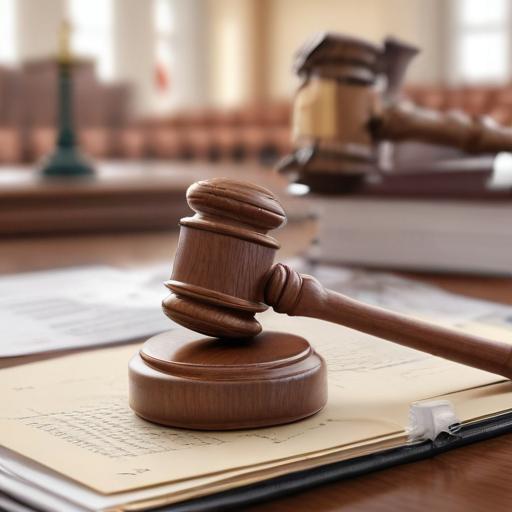The ongoing trial of Bryan Kohberger, charged with the tragic stabbing deaths of four University of Idaho students, may encounter additional delays as defense attorneys seek more time to prepare due to extensive pretrial publicity. With jury selection set to begin in less than six weeks, the defense argues that the media coverage surrounding the case threatens Kohberger’s right to a fair trial.
Judge Steven Hippler is scheduled to address the defense’s request on Wednesday, which includes a closed session to consider whether evidence concerning alternative suspects can be presented. Kohberger, 30, a former graduate student in criminal justice at Washington State University, is accused of fatally attacking Ethan Chapin, Xana Kernodle, Madison Mogen, and Kaylee Goncalves on November 13, 2022.
At his arraignment, Kohberger remained silent as a not guilty plea was entered on his behalf. Prosecutors are pursuing the death penalty in the case, which has captured global attention. The defense, led by attorney Anne Taylor, claims that an August trial date would infringe on Kohberger’s constitutional rights due to their need for adequate time to review evidence and prepare mitigating circumstances.
In contrast, Latah County prosecutors, represented by Bill Thompson, oppose the “eleventh-hour motion” from the defense, arguing that Kohberger’s extensive legal team is well-equipped to proceed. They assert that the right to a proper mitigation case does not necessitate endless delays.
This widely publicized trial has resulted in a gag order to limit statements from involved parties while a larger jury pool has been sought by relocating the trial to Boise. The judge has also sealed numerous case documents to mitigate potential juror bias, yet public interest remains exceedingly high. Recent media coverage, including an upcoming book by James Patterson and a docu-series on Amazon Prime that features interviews with victims’ relatives, has only fueled the narrative surrounding the case.
Concerns regarding potential leaks of information have also arisen, with the defense requesting a special investigator to identify the source. Despite these issues, prosecutors maintain that pretrial publicity alone should not warrant delaying proceedings.
The legal intricacies of this case underlie significant constitutional questions about the right to a fair trial, especially in high-profile cases like this one, where media attention can heavily influence public perception. As events unfold, the judicial system remains committed to ensuring the fairness of the trial process, emphasizing the importance of an impartial jury.
